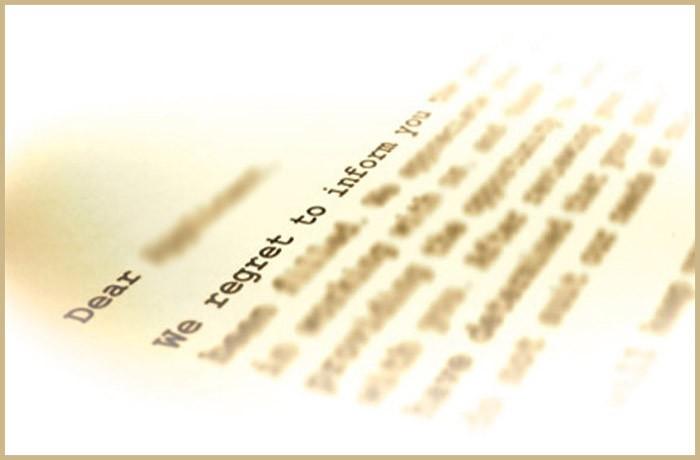Wellesley students scrolling through Yik Yak on any given day can easily run across posts about rejection from an org, society, play or scholarship. At Wellesley, a yes or no from one of these exclusive groups is considered by some to be a harbinger of achievements and failures to come, or an indisputable measure of one’s worth as an individual. It’s a zero-sum measure of winner or loser.
Yet, rejection isn’t a signal of failure! Sure, rejection from a group can dent self-confidence. It makes you scared to try again. It hurts. Rather, rejection is never really personal and is an important part of growth. There is so much rejection does for Wellesley students.
Rejection is a valuable lesson. The most important part of being rejected from a group is that it helps you become better the next time around. What is the rejection trying to tell you? It forces you to consider if you made any obvious mistakes while applying, think about how you came across, and look honestly at how you can improve. Rejection is a tool that enables you to use constructive feedback. This valuable knowledge and experience will be beneficial for “teaing” with another society next year, or auditioning for that all-too coveted play. And next time, the chances of success will be higher because of this new insight from rejection! Ultimately, the more rejections you face, the more helpful this will be in the long run.
Rejection shows that the group is not for you. You tried your best. If you performed to the very best of your ability and know there was nothing you could’ve possibly improved upon while interviewing or applying, then you know that group was not for you. Albeit that justification isn’t very satisfying and sounds almost as comforting as “it’s not you, it’s me” at the end of a relationship. But it’s likely that if you joined that group you wouldn’t be happy. In this case, rejection could serve as a wake-up call for you, eradicate your tunnel vision and shift your thinking from being romantic to rational.
Rejection prepares us for the “real world.” Everyone experiences rejection; it’s an inevitable part of life. Unfortunately, more than 40 percent of recent college graduates are unemployed. Rejection at Wellesley will help its students to be more resilient to the possible news of rejection from jobs after college. Or it will help you be ready when it comes to dealing with personal relationships. Experiencing it prematurely in Wellesley means that you will become more confident with dealing with the turbulent nature of rejection in the real world—so that it is easier and less painful, and just a little bump in the road.
Rejection improves your outlook. It has a unique ability to show you that you shouldn’t take anything for granted, and makes you more humble. It leads you to be more determined to fight for any group you want, to work hard, and to become more patient. The sting of rejection is bound to make you a stronger individual. It’s what doesn’t kill you that makes you stronger right? It is a clear sign that you are trying, and pushing yourself to your limit.
Let’s face it, despite how important rejection is for individual growth, no Wellesley student revels in it. However, keep in mind that J.K. Rowling was rejected by 12 different publishers before the thirteenth one agreed to publish Harry Potter. That speaks volumes and shows that rejection is never the kiss of death. It could be the motivator to your success.
Photo courtesy of Litrejections




